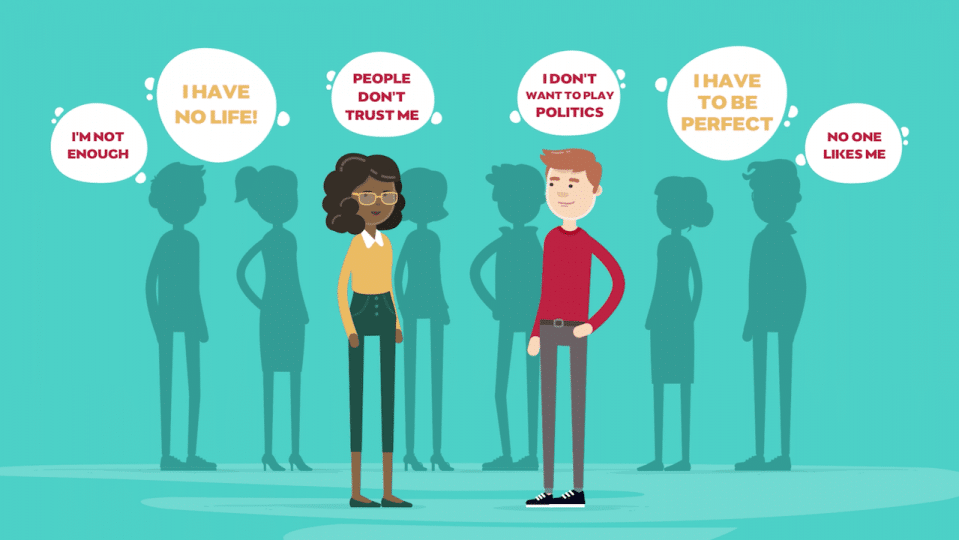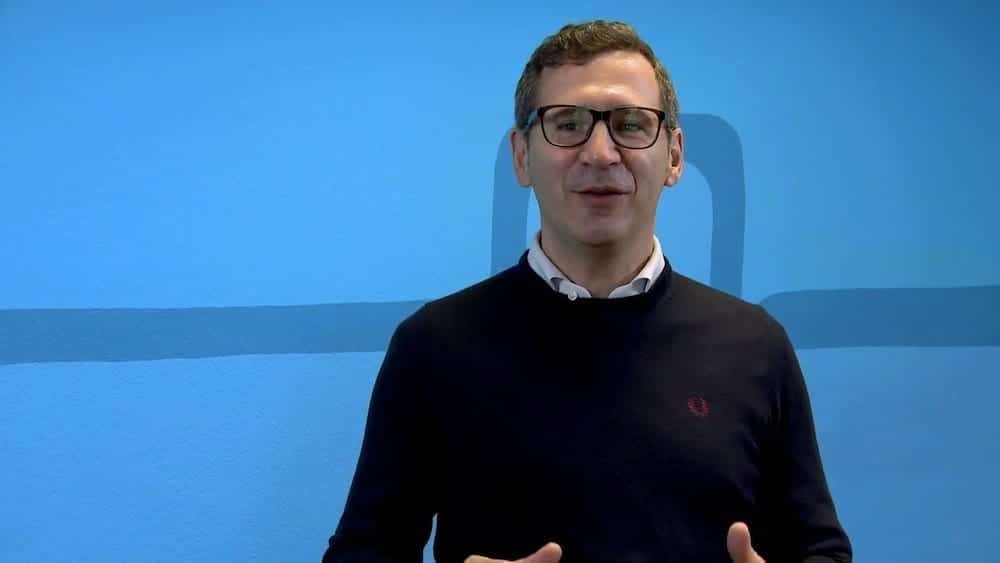How to Enhance Ideas through Team Collaboration
“If you have an apple and I have an apple and we exchange these apples then you and I will still each have one apple. But if you have an idea and I have an idea and we exchange these ideas, then each of us will have two ideas.”
Bernhard Shaw
In a team environment, cooperation creates good work. When we cooperate, we discuss the use of shared resources and exchange information to align effort. Cooperation creates and maintains momentum toward a goal. But all the cooperative efforts will never create a result where “the whole is greater than the sum of its parts”
That’s where collaboration comes in.
Collaboration goes well beyond cooperation. It goes beyond the individual. Collaboration invites all the team members to create something new together – something that no one person could have conceived on their own and that is a true creative surprise.
Where coordination is a willingness to align effort, collaboration is a willingness to align ideas, hone them, blend them and build on them to develop a vision.
So how can you get your team in the flow of true collaboration? What attitude needs to be in place?
“Being open to others’ ideas is a learned trait. Cultivating receptivity is a key to learning it.”
Vincent Chang, Partner at the architectural firm Grimshaw and collaboration enthusiast, stated in an interview with Yosh Beier that he believes receptivity is the key to masterful collaboration.
Chang is an architect and as such is in the business of taking ideas from vision to a reality that others can experience – public spaces. He and his colleagues depend on the power of collaboration – with one another and with clients – to create spaces that inspire and which they could not have conceived of as individuals.
“Many ideas grow better when transplanted into another mind than in the one where they sprang up.” Oliver Wendell Holmes, Sr.
In the podcast interview, Chang implies that the wheels of collaboration are greased by receptivity. Receptivity, the quality of being open-minded and not jumping to conclusions, “makes it easy to be quiet, to be a good listener, to listen to the needs of others and thoughtfully listen to the contribution of others,” says Chang. It creates space to assimilate all the thinking around a concept or problem into a vision. It allows him to address every conceivable angle and design for his constituents.
If receptivity greases the wheels of collaboration, pre-conception throws a wrench in the gears. Meeting a challenge with pre-conceptions of the problem itself, how to solve the problem, or what the situation needs stifles the creative process and evaporates the collaborative process almost entirely.
How to cultivate receptivity within ourselves
One key hurdle to being more receptive is psychological ownership of ideas. We are as protective of our ideas as we are of our material possessions. It’s a lot easier to have someone add to “my” idea as to have some try to take away from “my idea”. (See my article “Why smart people defend stupid ideas“)
Being inherently receptive is not an easy overnight change. It cuts to the core of our psychological conditioning and our sense – and sources – of self-worth. There are many factors, including a healthy sense of self-confidence, that allow you to be naturally open an accepting to new ideas.
“Receptivity means that you have faith enough in the process, or in the people you are collaborating with, in order to create and imagine something bigger and better than you could do on your own.” – Vincent Chang, Partner, Grimshaw
Our ability to take in new ideas depends on two fundamental beliefs:
- I have faith in my own voice:
You believe your thoughts and ideas are important and essential to the process. You may not have “the answer” but you know that your ideas are a part of getting to the solution - I have faith in the ideas of others:
You give equal weight to all ideas; your desire is to have all ideas come to the fore so they can be appreciated and built upon.
Self-appraisal is essential to staying open-minded in a group setting. A simple question that will keep you in the mindset of receptivity is, Is there a voice I haven’t heard? The unheard voice may be that of a quiet colleague, the client, or it may be your own. Seeking to balance your own voice with those of your colleagues and stakeholders will keep you striving for receptivity.
“Acknowledging that you are not entirely in control allows you to be receptive and it also gives you the benefit of being surprised by the outcome, along with your constituents, those you serve.”
Receptivity has its rewards, says Chang. A willingness to be open to all ideas changes you as a person “because you allow yourself to take on the perspective of another.“
Listen in to the full interview on our Conscious Collaboration Podcast.

